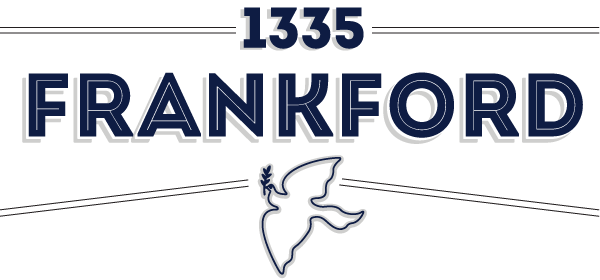
We’re firm believers that good coffee can do good things for this world. Nowhere is that more evident than in the trade practices we choose as coffee roasters. Through fair trade and direct trade, roasters are focusing on the ethical treatment for producers in developing countries while also producing high quality coffee. But what’s the difference between fair trade and direct trade, and why does one show up on your coffee box while the other doesn’t? Let’s explain.
What’s the difference?
 The goal of fair trade coffee standards are first and foremost to promote fair pay and ethical treatment for coffee producers in developing countries when exporting their beans to developed countries.
The goal of fair trade coffee standards are first and foremost to promote fair pay and ethical treatment for coffee producers in developing countries when exporting their beans to developed countries.
Fair trade roasters adhere to a set of standards (known as the 10 principles of fair trade) by a non-profit third party association. Upon meeting these standards, coffee roasters are awarded “Fair Trade Certification” which will be noted on all of their packaging.
Additionally, there is an associated financial cost for not only the coffee roaster but also the coffee producer. This can be a big roadblock for coffee producers, most of whom can’t afford to pay the hefty annual fees necessary to take part in fair trade.
Direct trade on the other hand, focuses on the direct relationship between a coffee roaster in the developed world and coffee producers in developing countries. By fostering long-term relationships, roasters can focus on producing the highest quality coffee possible while providing producers with consistent business that invariably improves the quality of life.
Vertically integrating the coffee producer within a roasters supply chain allows roasters to directly provide insight to the farmer on how to adapt coffee production and improve the bean. Connecting the farmer directly to the roaster, also connects them to the barista and the customer all of whom provide valuable feedback to improve the product.
Direct trade is available at no financial commitment to the farmer and roaster, but unfortunately isn’t noted on the packaging of direct trade roasters. There is a potential downside of direct trade in that roasters take on a large burden when committing to long term contracts and may be left with sub-par coffee that they already paid for. Also, they need to invest a very large amount of money in establishing operations at origin.
So which is La Colombe?
We take part in a hybrid method which we call Informed Trade. We work with a group of like-minded importers who connect us directly with producers to create a high level of traceability while assuming responsibility for the quality of coffee made by the producers. These importers also ensure that producers are paid a premium, high above the baseline price set by the commodities market for the exceptional quality of their products.











